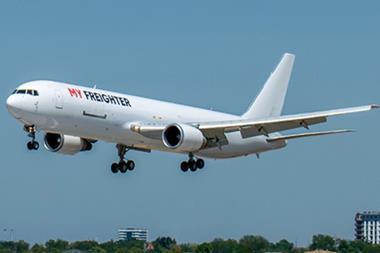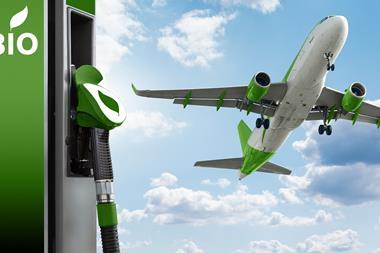An IATA-commissioned study has established a clear link between air cargo connectivity and trade growth.
Research by Developing Trade Consultants found that a 1% increase in air cargo connectivity is associated with a 6.3% increase in trade.
The study, sponsored by the international airlines lobby, has also developed measures of key quality parameters of customs services through two indexes: the Air Trade Facilitation Index (ATFI) and the eFreight Facilitation Index (EFFI).
Countries that performed better on these indexes also were more integrated into Global Value Chains (GVCs), stated the report.
GVCs are the network of logistics connections that enable, for example, the various component parts of a mobile phone to be produced in several countries around the world before final assembly in another.
In order to accelerate interconnectivity, the study recommended several policy level and practical implementation interventions that are needed to better position countries for participating in GVCs.
These include ratification and implementation of the 1999 Montreal Convention, the Bali Trade Facilitation Agreement of the World Trade Organization (WTO) and the revised Kyoto Convention.
The study also suggested key practical air cargo specific interventions, including the facilitation of electronic processing through electronic air waybills and e-freight.
Other measures in the wish list are implementation of "single window" processing, and coordinated border agency procedures to reduce duplicative controls.
It also called for the implementation of risk management controls at borders and the deployment of processes to approve the release of shipments in advance of their actual arrival.
Brian Pearce, chief economist at IATA, said: “Global trade has played a key role in fostering economic development and making countries more competitive and productive – thus supporting income growth and poverty reduction.
“As a share of global output, trade is now at about three times the level it was in the early 1950s. In 2015, airlines transported 52.2m metric tons of goods valued at $5.6trn.
“Air cargo is key in supporting the current global trading system, with an estimated 35% of value of global trade carried by air, even though it covers less than 1% by volume.
“The role of air cargo is even greater for trade in advanced industrial, high value goods, and other sectors that rely on rapid, reliable and secure transport.”










